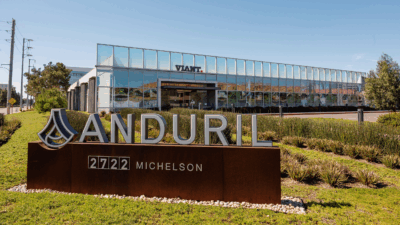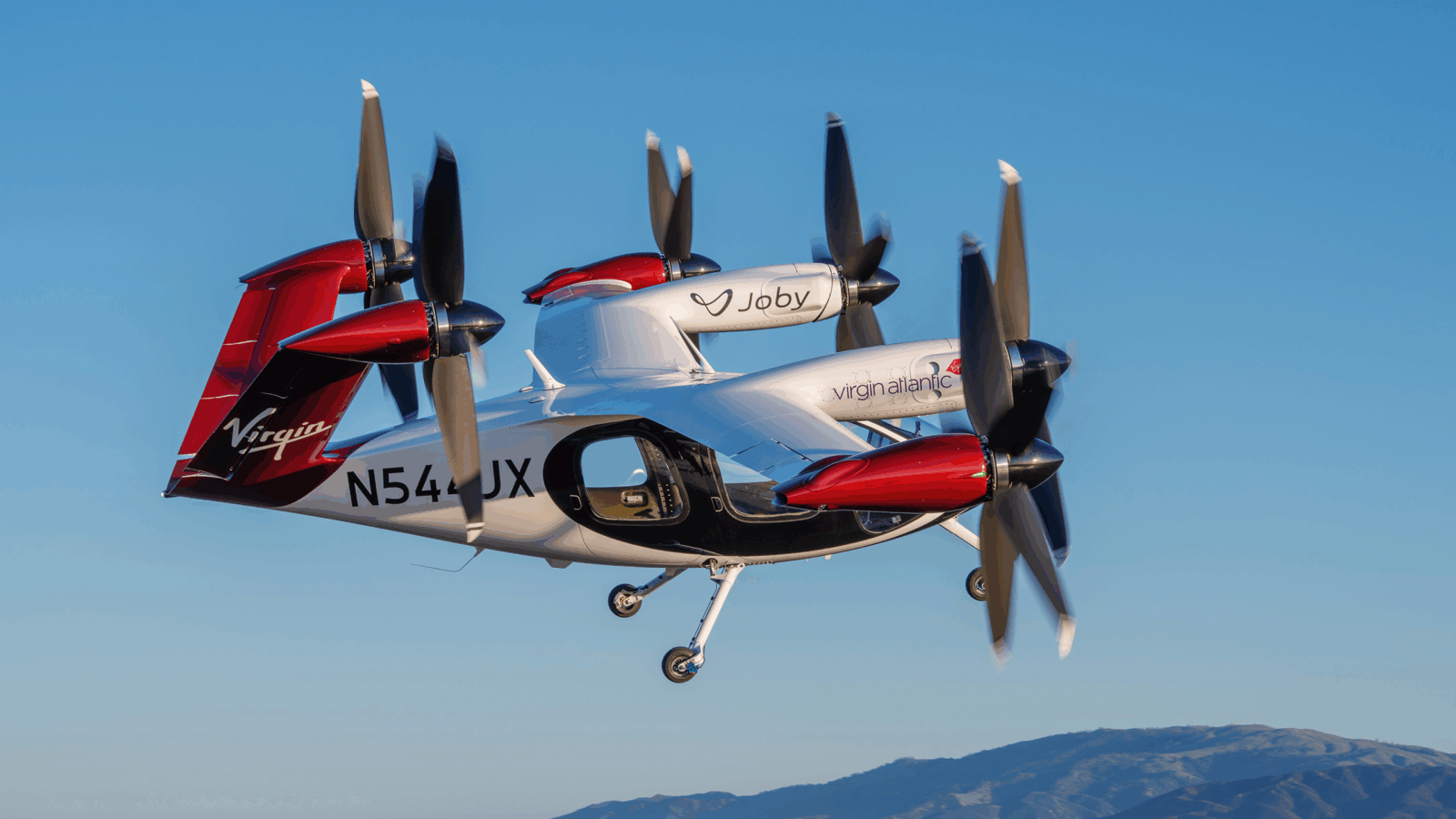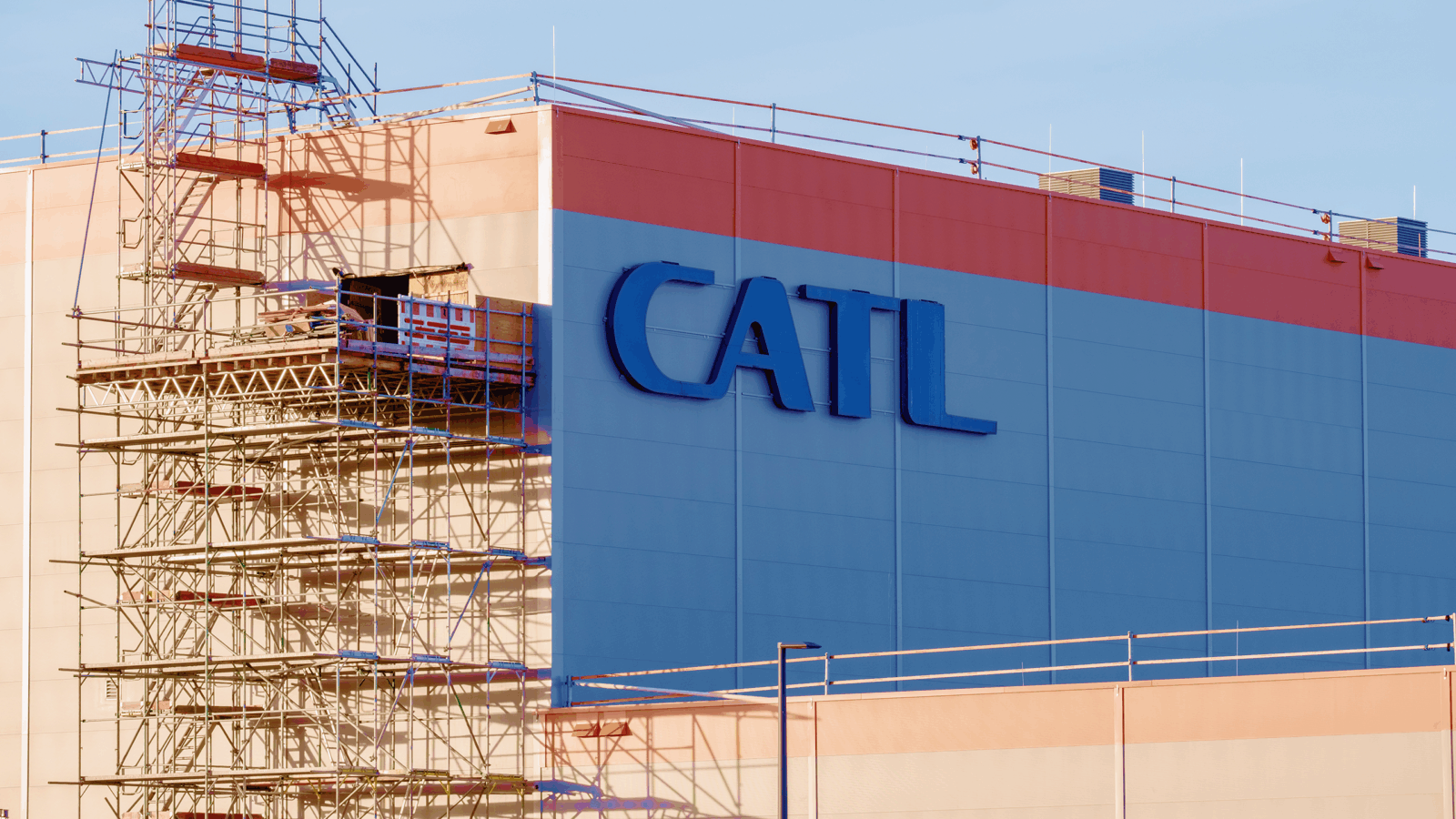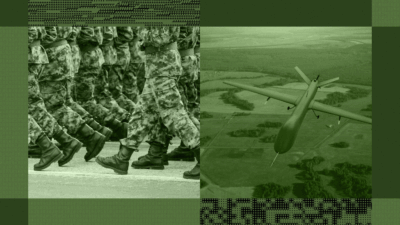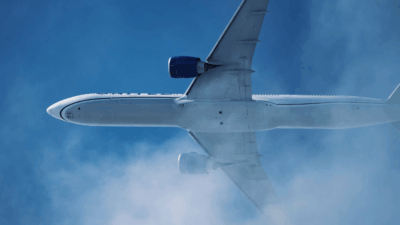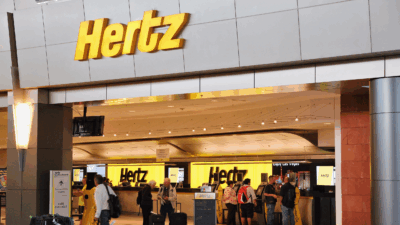Two Oil Shipping Giants are Merging to Create the World’s Biggest Tanker Fleet
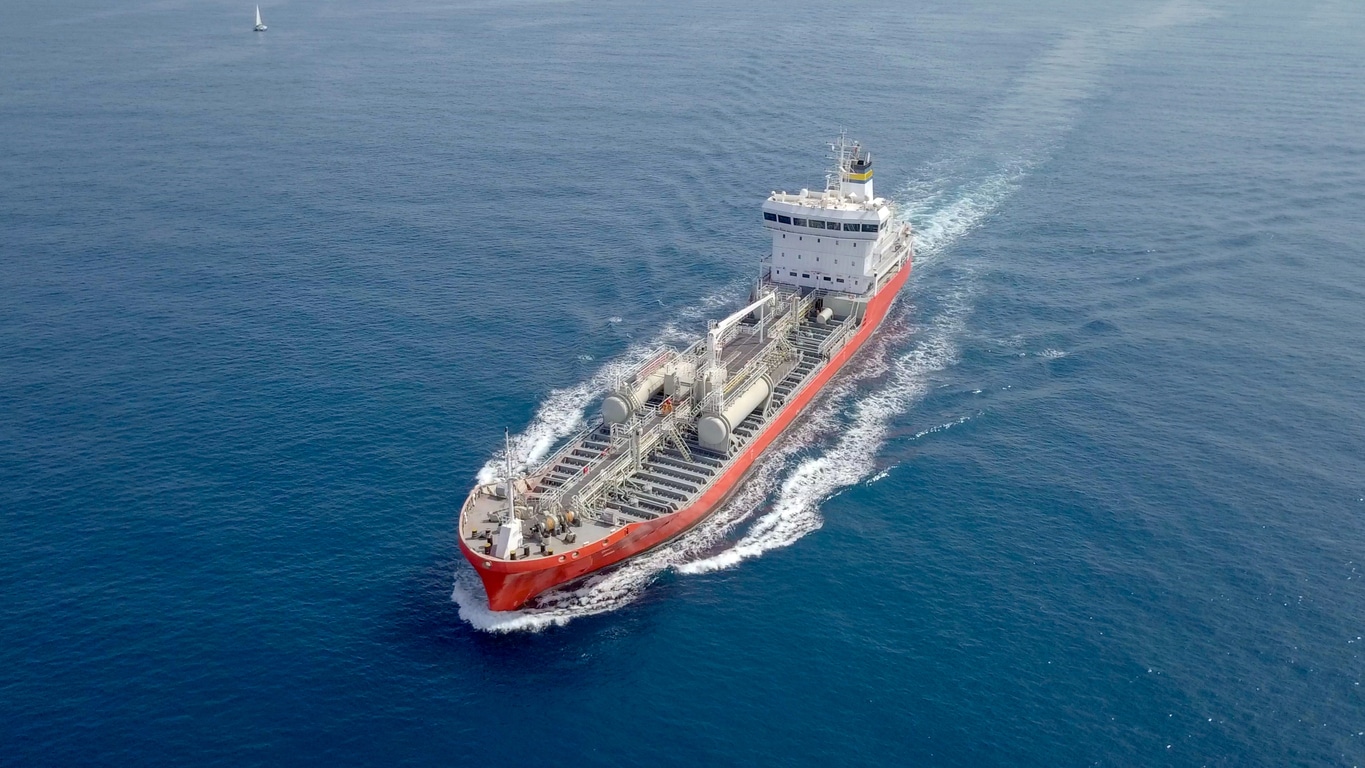
Sign up for smart news, insights, and analysis on the biggest financial stories of the day.
Two of the largest crude tanker firms agreed to merge Thursday in a deal that would form the world’s biggest oil tanker fleet.
They will fall under the charge of an eccentric, swashbuckling billionaire with a penchant for sending ships into conflict waters. What could go wrong?
Crude Language
John Fredriksen, who began his career as a messenger boy for an Oslo-based shipping company, gave up his Norwegian citizenship for a passport from Cyprus, a noted tax haven, and runs his businesses from London (where billionaires love parking assets). Fredriksen first bought tankers in the 1970s and turned his firm Frontline into an industry powerhouse in the 1980s by making his crews risk life and limb in the Persian Gulf during the Iran-Iraq War, capitalizing on high oil prices when many other companies wouldn’t dare to sail. Fredriksen is now worth $12 billion.
On Thursday, Frontline agreed to merge with Euronav, a rival Fredriksen admires so much he bought a 9.8% stake last year, in a $4.2 billion all-stock deal. The new company keeps the Frontline name and, if recent events are any indication, will also hang on to Fredriksen’s cavalier spirit:
- The new group, if greenlit by regulators, would be the owner of 69 very large crude carriers, a term for ships that hold 2 million barrels of oil, and 57 Suezmaxes, which hold 1 million barrels. The new Frontline would control 10% of the world’s crude oil tanker fleet.
- Despite NATO warnings that no naval ships could offer protection in the Black Sea during Russia’s siege of Ukraine, last month Frontline sailed to the Russian port of Novorossiysk to pick up a highly explosive compound used by oil refineries. The company said last month that, while unlikely, it’s “not ruling out” transporting Russian crude oil.
Tough Business: Thanks to copious demand for physical goods during the pandemic (computer screens, outdoor furniture, etc.), virtually every facet of the shipping industry has experienced a surge during the pandemic. That is except for oil shippers, who suffered under a global lull in fuel demand during lockdown measures. Euronav lost $338 million last year, a reversal of a $473 million profit a year earlier. Frontline lost $11 million in 2021.
Batting Zero: Fredriksen is a longtime advocate of consolidation in the fragmented crude shipping business, but he’s no Ichiro Suzuki. In recent years, Frontline has swung and missed on attempted deals with US shippers Overseas Shipholding, DHT Holdings, General Maritime, and Gener8 Maritime, and Norwegian rival Double Hull Tankers.


